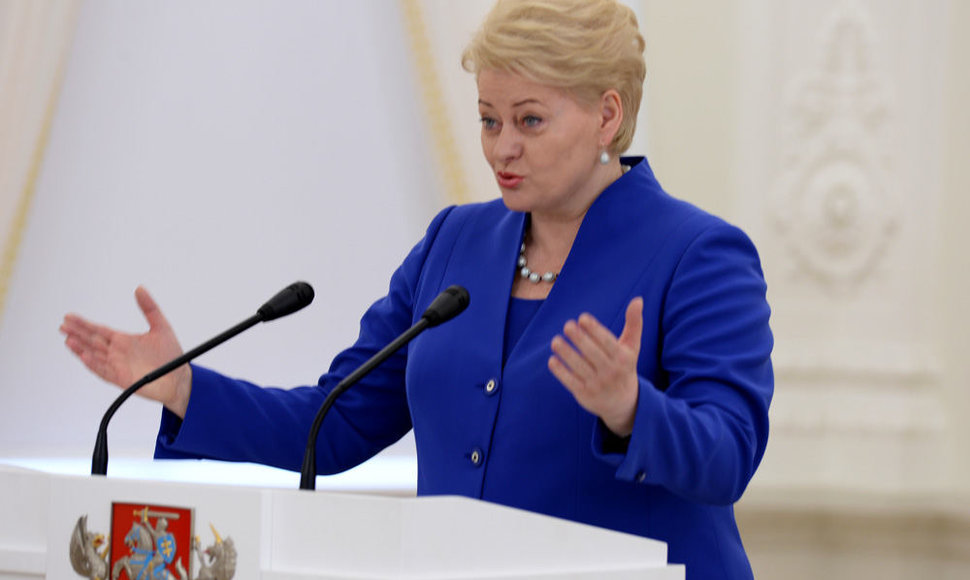"The consultations will continue in Brussels and, in the nearest future, in Lithuania," Grybauskaitė told a news conference on Wednesday when asked about media reports about large-scale US spying in Europe.
The consultations will be continued in Lithuania as the country is holding the rotating presidency of the EU Council in the second half of this year.
Diplomatic sources say that a meeting of EU and US experts is planned for July 22 in Brussels, although the delegation is not finally confirmed.
The issue of data protection might also be discussed at an earlier planned meeting of senior EU and US justice and interior officials in Vilnius on July 24-25.
"EU-US cooperation issues in the area of data protection are also sometimes discussed during these meetings. Nevertheless, it has not been decided yet as to whether a specific item on the PRISM program will be on the agenda of the Vilnius meeting," an official of Lithuania's Justice Ministry told BNS on condition of anonymity.
The Lithuanian president said she agreed with the decision not to postpone the EU-US talks on a free trade agreement, originally proposed by France, and instead hold parallel consultation on data and privacy protection.
Grybauskaitė also noted that the fact that information was published at a time when US intelligence fugitive Edward Snowden was at a Moscow airport raises a lot of questions.
"It's good that both processes did not affect each other, irrespective of what we might guess or speculate on who wished what and why that information emerged at that particular time from the transit area of Moscow's airport," the Lithuanian president said ironically.
"The most important thing is that the process kicked off and that it's moving and that they don't affect each other. And we definitively need to clear this up, and the protection of personal data must be ensured as these are EU principles," she said.
Following media reports, which in fact started well before Snowden flew to Moscow in late June, that the United States not only collected large amounts of information on private phone calls and online activity but also spied on its allies, European officials launched consultations at the US Justice Department last Monday when the issue of actions of the US National Security Agency must have been possibly raised.
Meanwhile other officials launched ambitious talks on a Transatlantic Trade and Investment Partnership Agreement aimed to lift trade barriers between the two largest economies and help them overcome the financial crisis.












